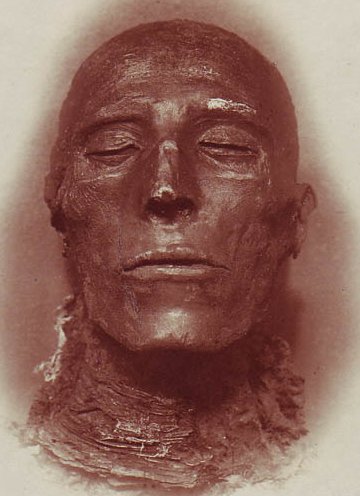Monday, June 23, 2014
Blogging Sapper’s Bulldog Drummond, Part Three – The Black Gang
The most striking feature of the second Bulldog Drummond thriller by Sapper is the near complete removal of humor from the proceedings compared with the frequent light touch demonstrated with the initial book in the series. There is also precious little mention of the First World War, which was such an important factor in the first book, as the focus here is much more on the reaction against the Russian Revolution and the fear of a similar communist uprising occurring in Britain during the early 1920s. Once more the influence of Edgar Wallace’s Four Just Men series is strongly felt, particularly in the first half of the book where the Black Gang are featured anonymously with no mention of their true identities.
Many critics label this second entry in the long-running series as fascist. I suppose that is an understandable reaction to a vigilante storyline in which it is suggested Britain would benefit from modifying freedom of speech to deny protection to radicals. The Black Gang is very much a Machiavellian work, but one which seeks to restore order at its conclusion by having Hugh Drummond agree to dismantle the Black Gang and let the law sit in judgment over criminals going forward. Of course with such a finale as this one wonders why Sapper bothered to take the proceedings to such an extreme in the first place.
The success Edgar Wallace enjoyed with his own vigilante series was undeniably an influence, but the author’s underlying motivation appears to have been his genuine outrage over the slaughter of the Russian royal family and the belief that those behind the Bolshevik movement were not fervent followers of communism, but rather unprincipled villains eager to exploit a utopian ideology to put themselves in positions of power. Sapper wanted to see the threat of communism put down and could only envision such a task being accomplished by private citizens working outside the law.
TO CONTINUE READING THIS ARTICLE, PLEASE VISIT THE BLACK GATE ON FRIDAY.
Labels:
Bulldog Drummond,
detective,
pulp fiction,
Sapper,
thriller
Thursday, June 12, 2014
Review: They Say the Sirens Left the Seas
The very talented darkly-humored poet James Hutchings returns with his third collection, They Say the Sirens Left the Seas. I previously reviewed his first offering, The New Death and Others back in 2011. This new collection offers readers more of what they have come to expect from this eccentric and highly original voice.
Hutchings is just as much at home spinning fables as he is dishing up Gothic treats or plunging into the ridiculous with no consideration of social conventions. All three of his excellent collections are available at Amazon as eBooks or direct from the Smashwords website for download for less than a dollar apiece.
TO CONTINUE READING THIS REVIEW, PLEASE VISIT THE BLACK GATE TOMORROW.
Friday, June 6, 2014
Blogging Sapper's Bulldog Drummond, Part Two
The strongest scenes in Bulldog Drummond (1920) are the ones that show off Sapper’s strengths as a humorist. While it has since become commonplace to see Bondian heroes tossing off quips while being menaced by an unfailingly polite villain, it hardly compares to the way Hugh Drummond handled himself in similar scenarios. Drummond regularly displays a self-deprecating humor when it comes to his features and his intellect, yet his ability to needle villains by refusing to treat them as a serious threat displays an intelligence and understanding of the criminal mind that proves a constant source of amusement for the reader.
Drummond may start off as an independently wealthy and very bored veteran of the First World War who seeks adventure, but the character soon transforms into the head of a gang of vigilantes determined to right wrongs as they see fit. He and his gang view meting out justice without resorting to the law as their right as recently demobilized soldiers. The wartime ability to kill without fear of criminal punishment continues into their clandestine civilian activities, although they take the precaution of hiding behind masks and hoods to protect their identities when doing so.
Drummond’s gang includes his fellow World War I veterans Algy Longworth, Peter Darrell, Ted Jerningham, Toby Sinclair, and Jerry Seymour, as well as New York police detective Jerome Green. Later dubbed The Black Gang, the vigilante squad was clearly inspired by Edgar Wallace’s bestselling Four Just Men series. The secret war they wage is aimed squarely against the forces of socialism and communism to an extent that was matched only by Harold Gray’s original version of Little Orphan Annie. The anti-foreign sentiments in the first book take root around the perceived threat of foreigners altering the course of England’s political identity and economic status.
TO CONTINUE READING THIS ARTICLE, PLEASE VISIT THE BLACK GATE.
Labels:
Bulldog Drummond,
detective,
pulp fiction,
Sapper,
thriller
Subscribe to:
Posts (Atom)


.jpg)